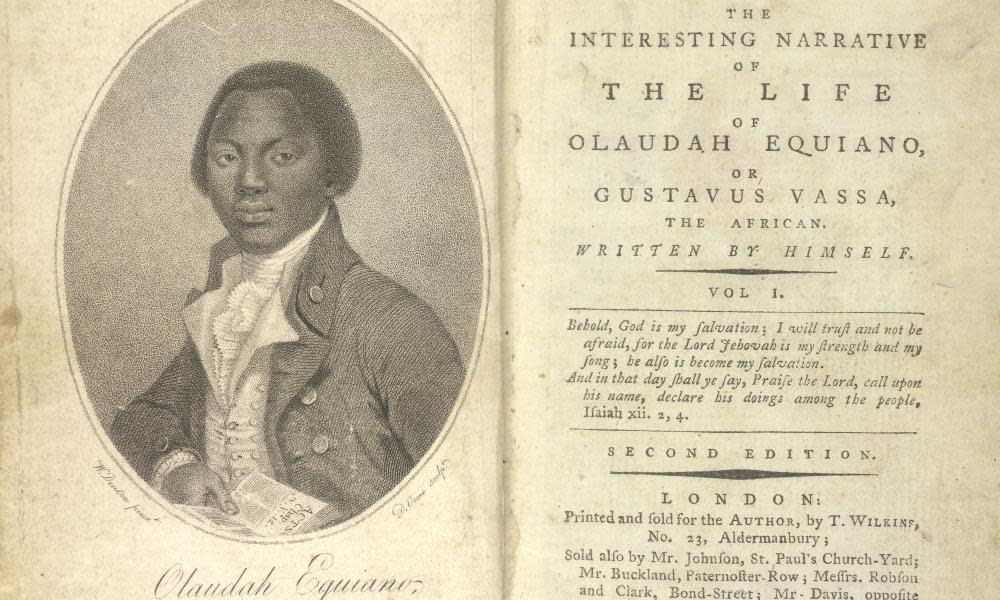Where are the black scientists, artists and thinkers in university syllabuses?

What do you think of when you hear the word “black”? Do you think of a colour? A race? A culture? A movement? There are many different ways of interpreting “blackness”, prompting the question: is it a concept worth studying?
Although there is a tradition of “political blackness” in the UK, by referring to someone as black you are usually describing them as having sub-Saharan African origins. These people have been in the UK for centuries, and many important black British figures of the past, such as Olaudah Equiano, Ignatius Sancho and Walter Tull, have too often been overlooked in our nation’s history.
Black people have also interacted with our island nation more recently through slavery, colonialism and the Commonwealth. Yet there seems to be collective amnesia in the UK about the contributions of people of sub-Saharan African origin. So much so that, when prominent black figures criticise our government for their inaction or complain about the racism they have experienced, they are often told they should be “grateful” to be here in the first place.
Luckily, in many institutions, there is a burgeoning movement of higher learning that seeks to change our widespread ignorance, and to value the experiences and contributions of black people in Britain. Many UK universities offer degree programmes centred on Africa and black people. For more than 50 years, Soas and Cambridge University have provided excellent graduate programmes dedicated to the study of Africa, and Edinburgh, Birmingham and Oxford universities have followed suit.
What’s changed more recently is the emergence of the study of blackness, which looks at the cultures and politics of the African continent, as well as the lived and historical experiences of the African diaspora. Last year, Birmingham City University launched the UK’s first BA in black studies. And Bristol University is introducing an interdisciplinary MA in black humanities that will draw on the black influences in modern languages, music, feminism, literature, theatre and more.
Despite progress in the UK, we pale in comparison to the US. At more than 180 US universities, an undergraduate student can study the concept of blackness as well as Africa and the African diaspora. They can major in black, Africana or African-American studies, and many of these universities also offer two-year MAs and even PhDs within the field.
With the success of the US in mind, I believe degrees focusing on blackness should become more of a priority for UK universities. There is growing demand: the Why is My Curriculum White campaign, founded by students at UCL, can now be found in many universities.
Students and academics have questioned why university syllabuses tend to focus on white contributions to academia while the significant contributions of black people and other people of colour are disregarded or added as an aside. For instance, many geography courses cover demographic changes in Africa but often fail to acknowledge studies done by people who were born and grew up there.
Some of you may be asking, “In a society that is 95% white, what do you expect?”. But university is where we come to learn at a higher level, where we are educated about the society in which we live. If we want students to become leaders of an inclusive society we have to show them the full picture. No one is saying that white contributions to academia shouldn’t be celebrated, but I and many others believe black contributions should be celebrated too.
Seun Matiluko is a student at Bristol University
Join the higher education network for more comment, analysis and job opportunities, direct to your inbox. Follow us on Twitter @gdnhighered. And if you have an idea for a story, please read our guidelines and email your pitch to us at highereducationnetwork@theguardian.com
Looking for a higher education job? Or perhaps you need to recruit university staff? Take a look at Guardian Jobs, the higher education specialist

 Yahoo News
Yahoo News 
